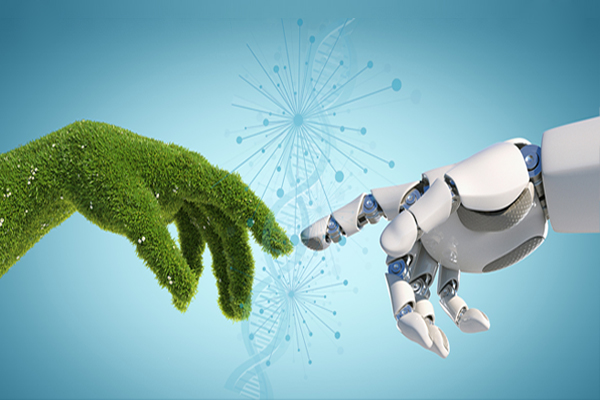‘Natural’ is a much abused concept, and yet it still has meaning to many especially where food and the environment are concerned.
The UK government’s document Regulating for the Fourth Industrial Revolution talks about “blurring the lines” between the natural and technological worlds. Think tanks are now putting forward the idea of “food as software”. How legitimate is this blurring of the lines? Who benefits from it, what challenges does it present in terms of regulation?
This session explores whether we are changing the definition of nature to accommodate a technological innovation agenda, the potential impacts of viewing food as software, the regulatory challenges of blurring the lines between natural and technological/artificial, and offers a legal perspective on patents and genome editing claims of ‘close to nature’.
We encourage audience participation. Provision will be made for the session to run up to 20 mins longer if needed to accommodate questions and comments..
Speakers
Dr Belinda Martineau is a former crop genetic engineer responsible for the introduction of the Flavr Savr Tomato, now raising questions about the uncertainties of the biotech approach. Author of First Fruit: The Creation of the Flavr Savr Tomato and the Birth of Biotech Foods.
Dr Peter Mills, is assistant Director at the UK’s Nuffield Council on Bioethics, where he directs the Council’s work programme on genome editing, and works at the intersection of emerging science, ethics and public policy.
Dr Julia Wright, Associate Professor, Centre for Agroecology, Water and Resilience (CAWR) and Chair of the UK Biodynamic Agriculture Association, with an interest in eco-psychology, green ecology and traditional knowledge systems.
Kathleen Garnett, expert and consultant in intellectual property rights, environmental law, the law of technology and innovation, she is currently writing a PhD at Wageningen University on the governance of innovation in the EU.
Dr Trine Antonsen is researcher and manager of the ReWrite Project at GenØk Centre for Biosafety. The project looks at human-nature relationships and how our perception of nature influences – and is influenced by – emerging biotechnologies, such as genome editing.

